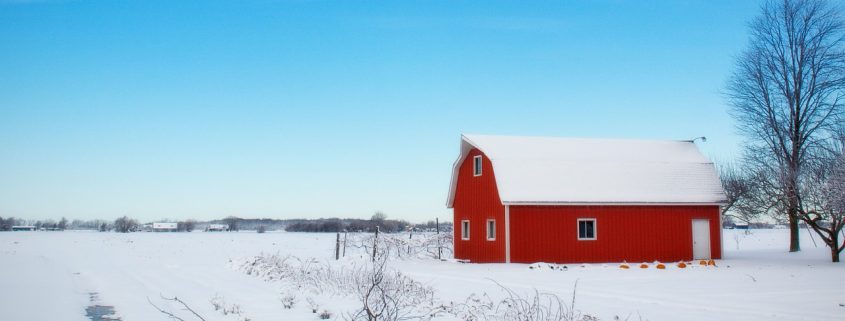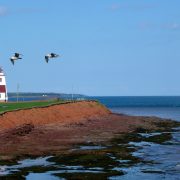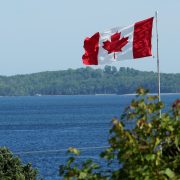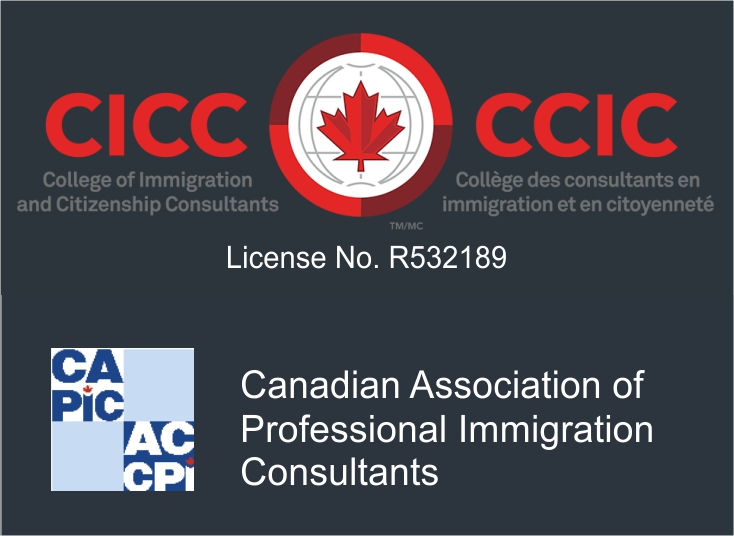RNIP is Expanding!
RNIP expands boundaries, increases job offers, extends program validity, and more
August 26, 2022 — Timmins, Ontario — The Honourable Sean Fraser, Minister of Immigration, Refugees and Citizenship, today announced the expansion of the Rural and Northern Immigration Pilot (RNIP), increasing the benefits of immigration in the 11 participating communities. A number of new improvements will be implemented this fall and will support community partners, employers and candidates by
- expanding the geographic boundaries of the following participating communities, so more employers are able to participate: North Bay (Ont.), Sudbury (Ont.), Timmins (Ont.), Thunder Bay (Ont.), Moose Jaw (Sask.), West Kootenay (BC) and Vernon (BC)
- making it easier to fill labour market needs in the health care and trades sectors, by expanding the range of job offers available to candidates, with specific work experience
- allowing communities to participate for a longer period, until August 2024, when the pilot comes to an end
- helping community partners provide greater support to candidates and employers
- reducing the amount of settlement funds participants are required to have
- strengthening program integrity
Regional immigration programs like the RNIP are increasingly important to the sustainable growth of Canada and build on the success of the new permanent Atlantic Immigration Program (AIP), launched in March 2022, which continues to help the Atlantic provinces attract the skilled newcomers they need to address the labour shortage and demographic challenges in the region. To date, 167 confirmed permanent program applications have been received since the launch.
Expanding regional immigration builds on the ongoing work to strengthen Canada’s immigration system. IRCC plans to hire up to 1,250 new employees by the end of this fall to reduce application backlogs, with a focus on addressing labour shortages, improving client experience and reuniting families.
Quick facts
- Rural communities employ over 4 million Canadians and account for almost 30% of the GDP. They help to supply food, water and energy for urban centres, sustaining the industries that contribute to Canada’s prosperous economy.
- The 11 RNIP communities are: North Bay (Ont.), Sudbury (Ont.), Timmins, (Ont.), Sault Ste. Marie (Ont.), Thunder Bay (Ont.), Brandon (Man.), Altona/Rhineland (Man.), Moose Jaw (Sask.), Claresholm (Alta.), West Kootenay (BC) and Vernon (BC).
- As of June 30, 2022, 1,130 newcomers have arrived in RNIP communities, helping address labour shortages in key sectors, such as health care, hospitality and food services, retail, manufacturing and transportation.
- It is estimated that an average of 125 newcomers and their family members could be welcomed into each of the participating communities, every year.
- There is a maximum of 2,750 principal applicants, plus family members, whose applications can be accepted for processing under RNIP, in any given year.
- In January 2022, the Government of Canada invested $35 million to ensure newcomers settling in small towns and rural communities have access to essential services during their first year in Canada.
Are you outside Canada? Get a free assessment on your best pathway to come to Canada in 2022-2023.
Are you inside Canada and looking for a way to change status? Contact us for a consultation regarding best options and pros and cons.
______________________













Leave a Reply
Want to join the discussion?Feel free to contribute!